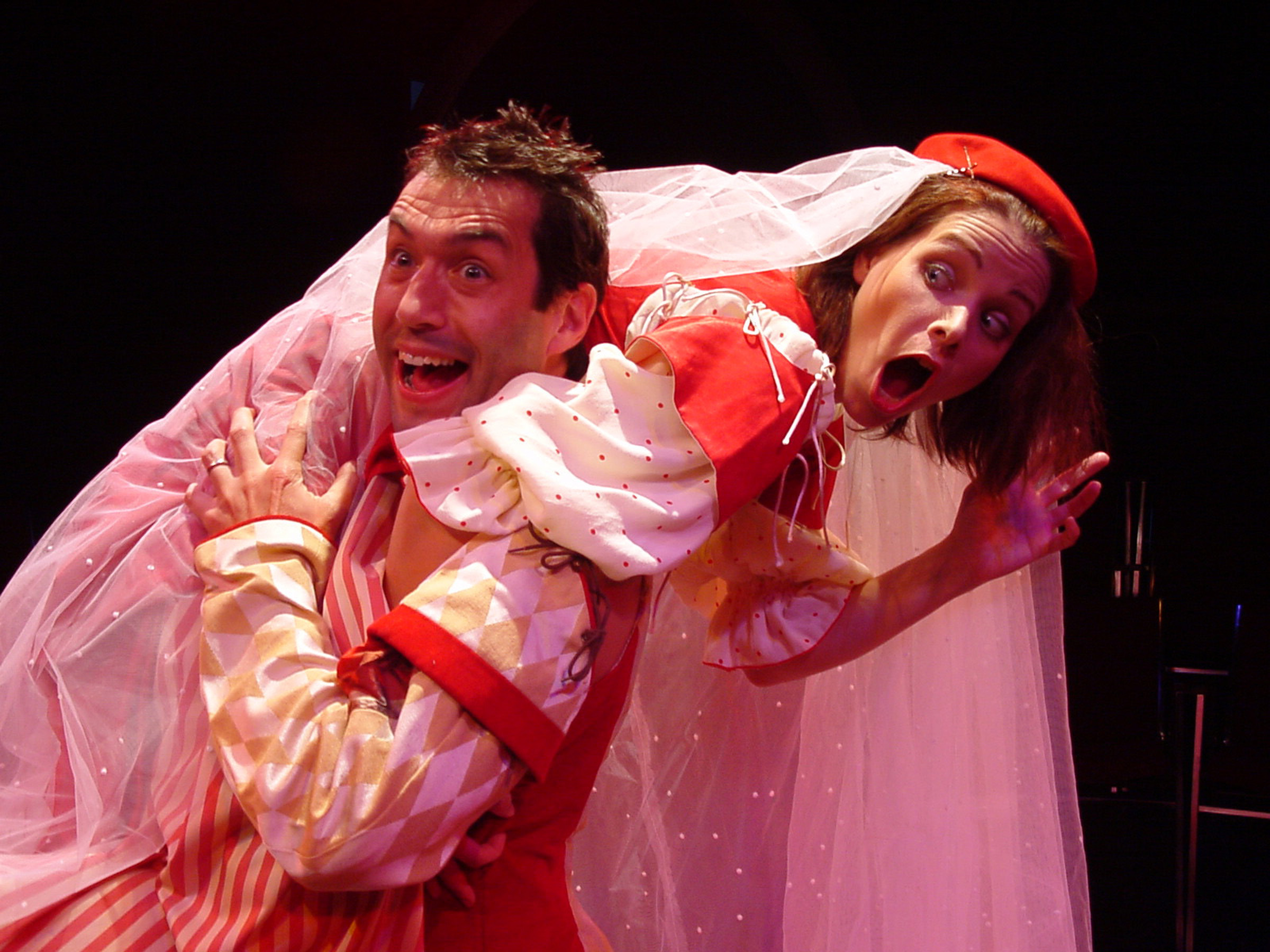conflicts, especially the running theme of hatred and revenge as it relates to selfhood and discrimination (here, in the form of anti-Semitism).
The stage directions identify Shylock as a Jew before he even gets the chance to do so himself. Of course, for historical relevance's sake, we cannot criticize the blatant discrimination against Shylock's status as a Jew in the same way we would criticize such indecency nowadays. However, the transparency of the anti-Semitism in this play directly exposes the role of internalized memory. In Act I Scene III, Shylock's first scene, he claims, "How like a fawning publican he [Antonio] looks. / I hate him for he is a Christian" (38-39). This declaration of hatred purposely precedes any business transaction. Shakespeare orders the events in this way to show that Shylock's memory of wrongdoing at the hands of Christians directly affects the way he handles business with Antonio. This wrongdoing affects Shylock on a much more personal level as well. Antonio's conditioned anti-Semitism affects Shylock's selfhood and notions of his worth in the community. For this reason, petty business transactions give way to murderous revenge plots.
In the Rialto you have rated me
About my moneys and my usances.
Still have I borne it with a patient shrug,
For suff'rance is the badge of all our tribe.
You call me misbeliever, cutthroat dog,
And spit upon my Jewish gaberdine,
And all for use of that which is mine own.
Well then, it now appears you need my help. (103-111)
It becomes clear in the second half of the play that Shylock never truly wanted his loan repaid. Rather, he has been waiting for Antonio's plan to fall through. He has been waiting for his revenge. Shylock reveals in many passages that he keenly remembers Antonio's (and the greater community's) discriminatory behavior toward him and his people. Antonio, not possibly capable of centuries worth of systemized prejudice and, therefore, not deserving of all the blame, serves as more of a microcosm for a greater problem. Shylock has internalized the struggles of his people and, now that he has the upper hand, uses these memories to fuel his desire for revenge. In dialogue with Salarino, who asks what Shylock could possibly want with Antonio's flesh, Shylock claims:
He hath disgraced me and hindered me half a million, laughed at my
losses, mocked at my gains, scorned my nation, thwarted my bargains, cooled
my friends, heated mine enemies--and what's his reason? I am a Jew.
Hath not a Jew eyes? Hath not a Jew hands, organs, dimensions, senses,
affections, passions?--fed with the same diseases, healed by the same means,
warmed and cooled by the same winter and summer as a Christian is?
The vast majority of these laments are profoundly personal. The fact that Shylock chooses to cite such personal misdeeds proves that these internalized memories directly influence his sense of self. This is further demonstrated by Shylock's vehement resistance when the court implores him to drop his bond. While The Merchant of Venice claims to expose the danger losing one's credit in business transactions, it truly exposes the danger of internalized memory and how remembrance is pervasive enough to inspire murder.




